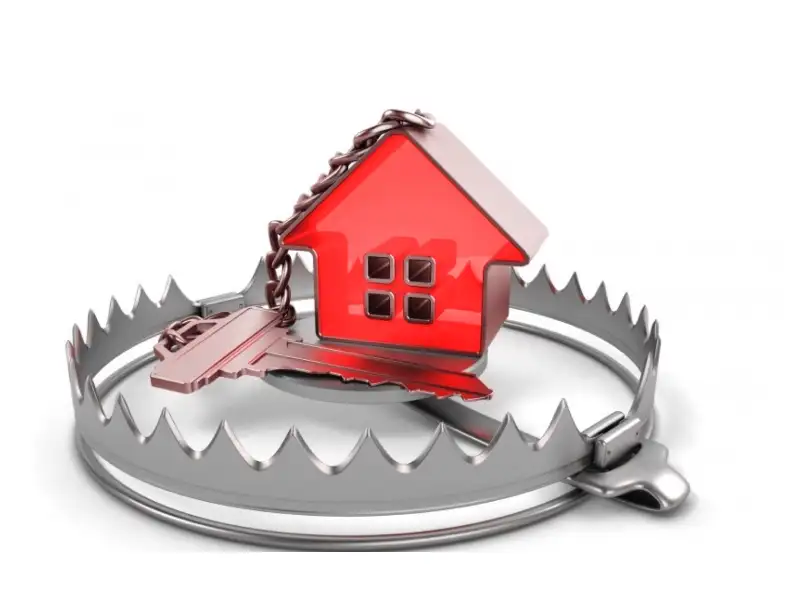Property scams

How Does a Property Scam Work?
Property scams come in different forms, but they all aim to steal money or personal information from people interested in buying, renting, or leasing real estate. Scammers often pose as landlords, real estate agents, or property managers to trick victims into paying deposits or fees for non-existent properties. They may also collect personal details to commit identity theft or financial fraud.
How to Spot a Real Estate Scam?
- The property looks suspicious or doesn’t match the listing photos and description.
- The listing includes incomplete or false information, especially around pricing or location.
- The “landlord” or “owner” refuses to meet in person or show the property.
- Moving companies associated with the listing don’t provide proper contracts or cost estimates.
- You receive unsolicited offers from “foreclosure assistance” services.
- You can’t verify the credibility of the real estate company—always research online for reviews or licensing.
FAQs
Watch for suspicious listings, landlords who won’t meet in person, and requests for upfront payments before viewing the property. These are common red flags of rental scams.
Understand the market value in your area and be cautious of offers that seem too good to be true. Always have a lawyer, real estate agent, or expert review any contracts for inconsistencies or errors before signing.
In addition to rental and sales scams, be aware of:
Mortgage fraud
Fake real estate businesses
Home inspection scams
Title fraud
Financial scams tied to property deals
